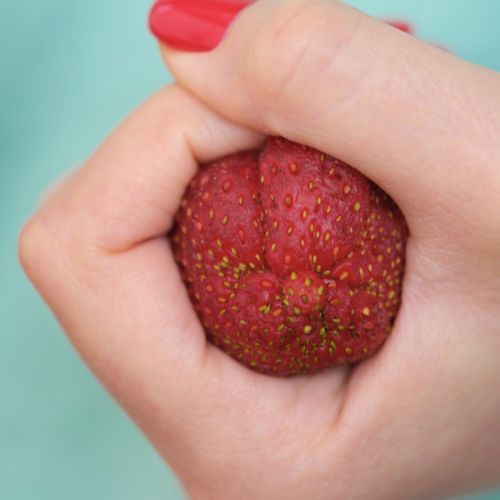Breastfeeding composition

Your breastfeeding composition across your baby’s day
Did you know your breast milk changes as the day progresses? Your body is so amazing.
The morning sees a greater volume and more liquid in breast milk. The evening sees less volume and a greater density of fats. This helps your baby feel sleepy. Think of the last big rich meal that you had and how it made you feel sleepy too.
Milk composition changes across one feed as well – it begins with more fluid and ends with less fluid – i.e. more fats.
This has implications if you are expressing milk. Collect milk into containers across a few days – but importantly from the same period of time. That means collect the expressed milk from the morning for several days in a row and store that separately to the milk you collect later in the day. It helps to label the day and time that you have collected.
On some days, you may plan to express for a short while before you start feeding baby. On other days you may plan to express after you have finished the feed. – the baby gets “foremilk” and “aftmilk” this way.
In turn, this means you would offer the expressed milk – at a similar time of day – so that the baby gets the appropriate breast formula at the correct time.
The phenomenon of “chrononutrition” has been discussed by researchers. The natural breast formula helps baby develop a circadian rhythm – when to be alert, and when to be sleepy. You are teaching them the difference between day and night.
Hormones in milk are a good thing and change across the day as well. In the morning, the baby receives more cortisol – the “wake up” chemical. In the evening, the baby receives more melatonin – the “go to sleep” chemical. This hormone starts to increase around sunset and peak close to midnight. There are lots of other changes including proteins, iron, nutrients, antibodies across the day – which isn’t a reflection of what mum is eating at the tune, but more so it is her body and breast’s ability to create the perfect formula for her baby.
The expert physiotherapists at Pelvic Health Melbourne will assess your breast. We will provide ultrasound +/- laser if it is appropriate. Mum’s notice a difference by the end of the first treatment, and usually continue to improve quickly over the next few feeds. We will show you how to correctly and gently massage the breast to assist resolution of the problem and give you other advice to help at home. You will learn how to avoid future relapses.
Enjoy your baby. Enjoy breastfeeding.
References:
Jennifer Hahn-Holbrook ,Darby Saxbe , Christine Bixby ,Caroline Steele ,Laura Glynn Human milk as “chrononutrition”: implications for child health and development. Pediatr Res 2019 Jun;85(7):936-942. doi:0.1038/s41390-019-0368-x
Cubero J, Valero V, Sánchez J, Rivero M, Parvez H, Rodríguez AB, Barriga C. Neuro Endocrinol Lett. 2005 Dec; 26(6):657-61. The circadian rhythm of tryptophan in breast milk affects the rhythms of 6-sulfatoxymelatonin and sleep in newborn. PMID: 16380706
More from the blog







